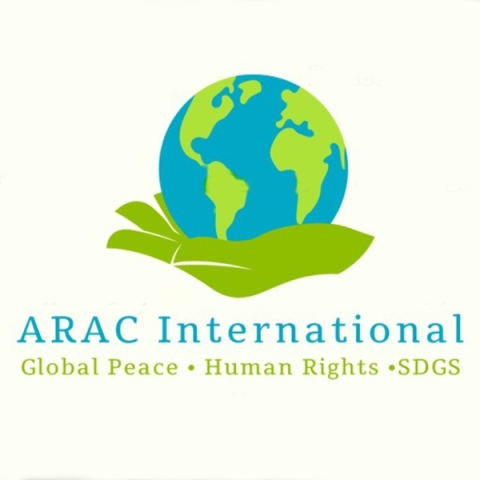News
Escalating Violence in DRC Compounds Humanitarian Crisis: NGOs Alarmed
Renewed conflict in DRC

(Source: © John Wessels / ALIMA)
In a pressing call to action, three leading international non-profit organizations: The Alliance for International Medical Action (ALIMA), Handicap International (HI), and Première Urgence International (PUI), have raised alarm bells over the escalating violence in the Democratic Republic of the Congo (DRC). The humanitarian crisis in the Mweso and Kitchanga districts of the North Kivu province has intensified following the resumption of heavy fights since October 20, 2023. The ongoing conflict has critically hampered the organizations' ability to reach communities in desperate need of assistance, further exacerbating the crisis.
The recent wave of violence has resulted in increased displacement, with a shocking figure of 198,976 people having to flee their homes. This displacement is particularly pronounced in the health districts of Mweso and Kitchanga, with towns such as Tongo, Bwiza, Bukombo, Mweso, and Kitchanga bearing the brunt. The Mweso health district alone reported over 100,000 newly internally displaced persons (IDPs) since the clashes began. The Rutshuru health district has also seen an influx of more than 30,000 new IDPs. The frequent involuntary relocations have compounded the health risks and safety for these displaced populations.
The situation presents a grim picture for vulnerable groups – women, children, people with disabilities, and the elderly – who are at a higher risk due to the volatile security situation. The organizations highlight the urgent need for shelter, health and psychological support, sanitation, nutrition, and protection, noting that women and children are at a heightened risk of sexual abuse and violence. Moreover, people with disabilities are facing severe difficulties in accessing basic services due to physical barriers and lack of suitable accommodations and services to meet their specific needs.
In this dire context, the NGOs underline the importance of ensuring that humanitarian aid reaches those who need it most. However, key access routes, including Mweso-Kitchanga-Goma, have been blocked due to their proximity to the frontlines of the violence, making it impossible for humanitarian teams to deploy.
In this dire context, the NGOs underline the importance of ensuring that humanitarian aid reaches those who need it most. However, key access routes, including Mweso-Kitchanga-Goma, have been blocked due to their proximity to the frontlines of the violence, making it impossible for humanitarian teams to deploy.
To read the full report along with ARAC's armed conflict data analysis, log on and subscribe to our newsletter at the link below.
Bonus section for premium subscribers's "Mapping the Human Cost: Fatalities in DRC's Conflict Zones Highlight Urgent Need for Action" our most informative data-driven analysis on the DRC for the past year.
Bonus section for premium subscribers's "Mapping the Human Cost: Fatalities in DRC's Conflict Zones Highlight Urgent Need for Action" our most informative data-driven analysis on the DRC for the past year.
more information: https://newsletter.arac-international.org/
Liability for this article lies with the author, who also holds the copyright. Editorial content from USPA may be quoted on other websites as long as the quote comprises no more than 5% of the entire text, is marked as such and the source is named (via hyperlink).






